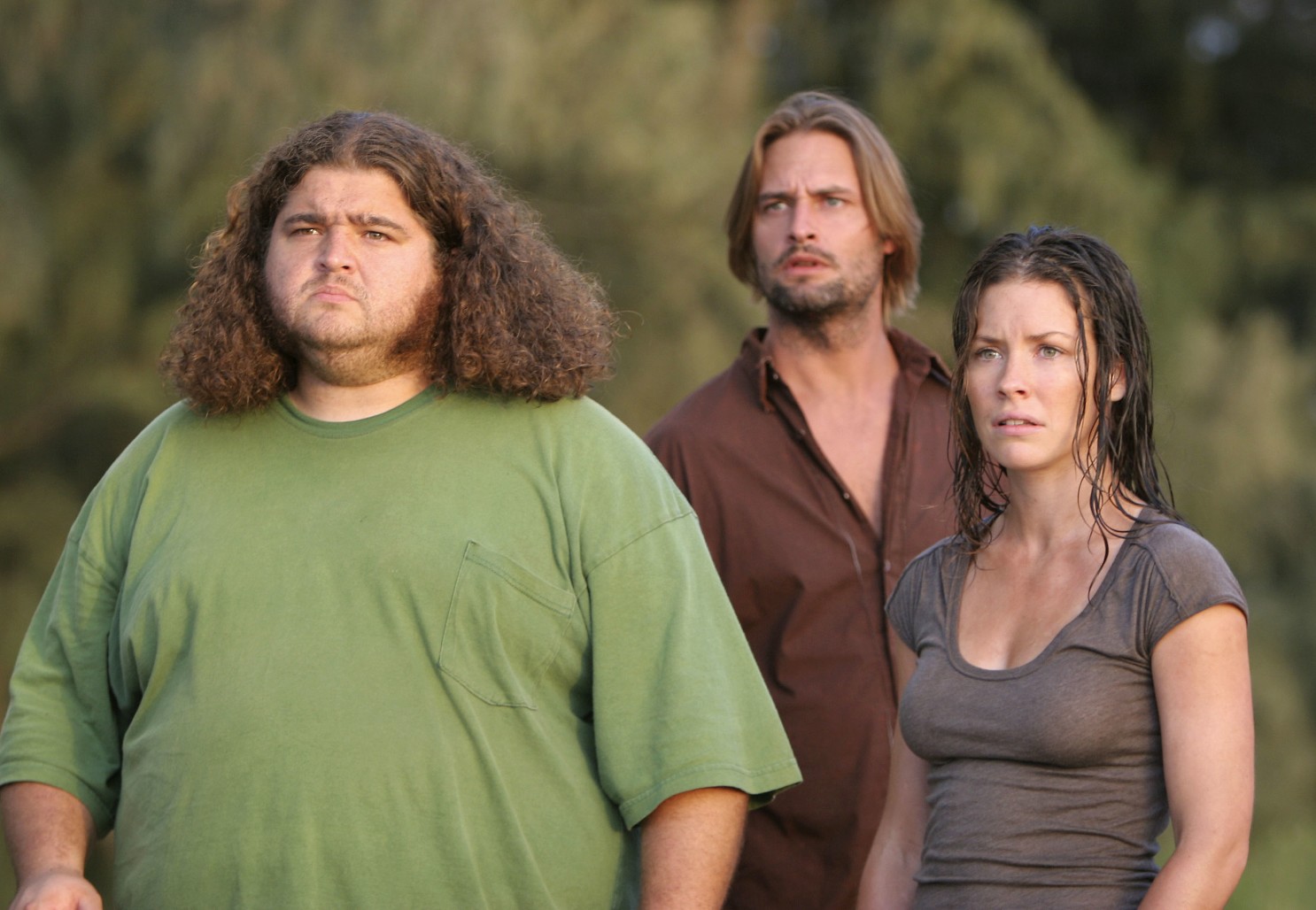Imagine being transported to the lush, tropical paradise of Hawaii through the mesmerizing world of movies and TV shows. From the captivating mysteries of “Lost” to the exhilarating action of “Jurassic Park,” this article unveils the allure of Hawaii as a filming location for popular productions. Delve into the magical landscapes, stunning beaches, and vibrant culture that have made the islands a beloved backdrop for countless cinematic adventures. Prepare to embark on a virtual journey through the reel world of “Lost” and discover the hidden gems that Hawaii offers to both avid fans and curious travelers alike.
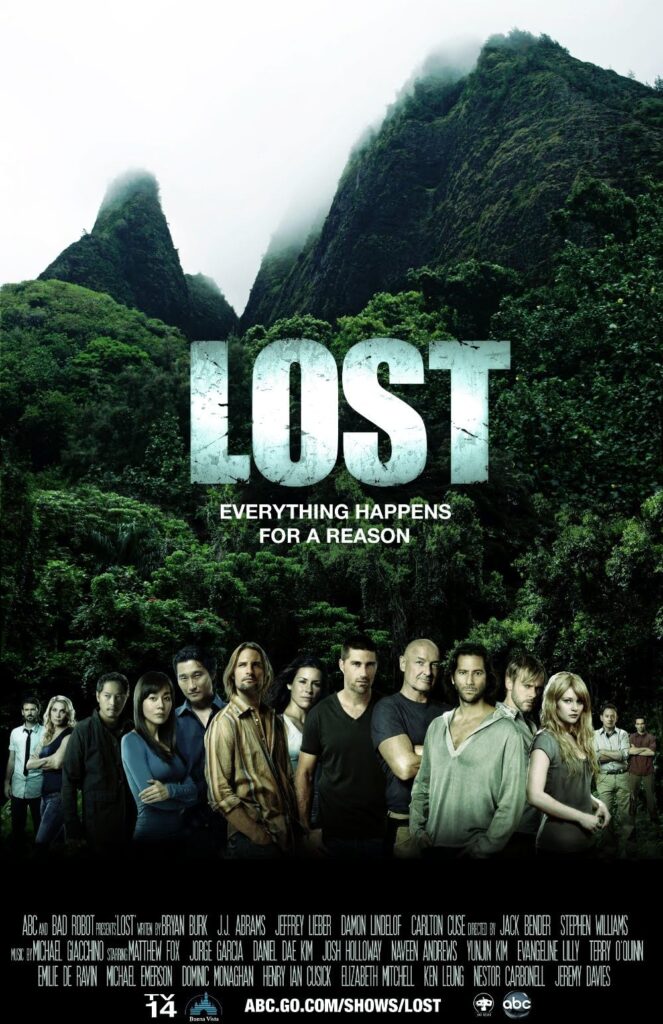
Exploring the Theme of Being Lost
Being lost is a common experience that can range from physical disorientation to a state of emotional confusion. Whether it’s getting lost in a new city, feeling lost in life, or being lost in a wilderness, this theme resonates with people from all walks of life. It brings forth a sense of vulnerability, uncertainty, and the need for self-discovery. Let’s delve into the various aspects of being lost and how it impacts us.
Defining Being Lost
Being lost can be defined as a state of not knowing where you are or how to get to your desired destination. It is a condition that can cause anxiety, fear, and a sense of being disconnected from your surroundings. Being lost can manifest in physical, emotional, and psychological ways, impacting our lives in profound ways.
Types of Being Lost
Being lost can occur in different contexts, each with its unique challenges and implications. One common experience is being lost in the wilderness, which poses survival challenges and requires navigational skills. Another type is being lost in urban jungles, where finding your way amidst a maze of streets and buildings can be daunting. Additionally, there’s the experience of being lost in translation, facing language barriers and cultural misunderstandings. The theme of being lost also extends to communication, technology, dreams, historical mysteries, and the journey of self-discovery.
Emotional State of Being Lost
Being lost is not only a physical experience but also an emotional one. It can evoke a range of emotions, from frustration and helplessness to curiosity and self-reflection. The emotional state of being lost can lead to heightened self-awareness, as it forces us to confront our vulnerabilities and limitations. It can also serve as a catalyst for personal growth, pushing us to seek answers, make changes, and find our way.
Lost in the Wilderness
The wilderness has a way of captivating our sense of adventure and exploration, but it can also be a treacherous place where being lost becomes a genuine concern. Surviving in the wilderness relies on adaptability, resourcefulness, and a set of crucial skills.
Survival Challenges in the Wilderness
Being lost in the wilderness presents numerous survival challenges. Lack of food, water, and shelter becomes a pressing concern. The unforgiving elements, such as extreme weather conditions and predators, further compound the difficulties. Additionally, the psychological toll of isolation and the unknown can heighten anxiety and stress, making the situation even more challenging.
Navigational Skills
In the wilderness, navigating your way is paramount to finding your way back to safety. Basic navigational skills such as reading maps, using a compass, and understanding natural landmarks can prove vital in circumventing potential dangers and finding your way back to civilization.
Psychological Impact of Being Lost in the Wilderness
Being lost in the wilderness takes a toll on one’s psychological well-being. The constant state of uncertainty, fear, and survival instincts can lead to heightened stress levels and emotional instability. However, for some, it can also serve as a transformative experience, connecting them to nature, instilling resilience, and a deeper appreciation for life’s simplicity.
Navigating Urban Jungles
Cities, with their complex networks of streets and bustling crowds, present their own unique set of challenges when it comes to finding your way. Navigating urban jungles requires a different set of skills and strategies.
Challenges of Urban Navigation
Urban navigation can be overwhelming due to the sheer size and intricate layout of cities. Busy streets, crowded intersections, and the constant flow of traffic make it easy to feel lost and disoriented. In densely populated areas, high-rise buildings can obstruct views, further hindering navigation.
Navigational Tools and Apps
Fortunately, technology has provided us with various tools and apps that assist in urban navigation. GPS devices, smartphones, and navigation apps have become indispensable companions for finding our way in cities. These tools provide real-time directions, alternative routes, and even public transit information, making urban navigation more manageable.
Strategies for Finding Your Way
Beyond technological aids, there are simple strategies that can help when feeling lost in urban environments. Taking note of landmarks, maintaining a sense of direction, and asking for help from locals or using maps can prove effective in finding your way. Additionally, embracing the adventure of exploration and being open to getting lost can lead to unexpected discoveries and memorable experiences.
Lost in Translation
In an increasingly interconnected world, language barriers and cultural misunderstandings can make us feel lost when navigating unfamiliar territories. Understanding the challenges and finding ways to bridge these gaps is essential for successful communication and cultural integration.
Language Barriers
Language barriers can leave us feeling disoriented and disconnected. In situations where we don’t speak the local language, simple tasks such as asking for directions, ordering food, or engaging in conversations become challenging obstacles. The inability to effectively communicate can lead to frustration and a sense of alienation.
Cultural Misunderstandings
Alongside language barriers, cultural misunderstandings can further accentuate the feeling of being lost. Different cultural norms, customs, and behaviors can create confusion and misinterpretations. Certain gestures or actions that are considered acceptable in one culture may be perceived as offensive or inappropriate in another, leading to misunderstandings and a sense of being out of place.
Overcoming Language and Cultural Challenges
To overcome language barriers, learning basic phrases in the local language can go a long way in establishing connections and navigating unfamiliar settings. Additionally, embracing cultural differences, being respectful, and open-minded can help us bridge the gap and find common ground with people from diverse backgrounds.
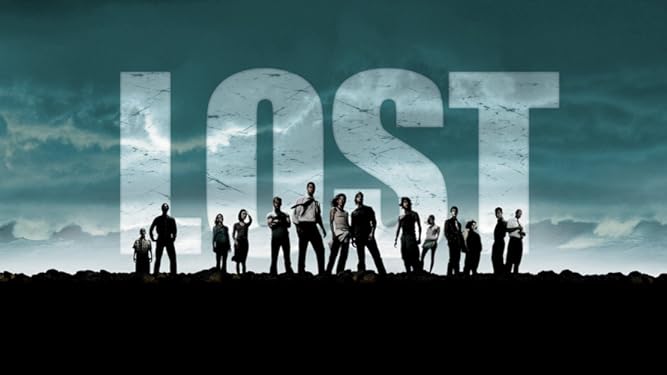
The Lost Art of Communication
In the age of technological advancements, the art of personal communication has undergone significant changes. These changes, although offering convenience, have also contributed to a sense of disconnection and loss in meaningful connections.
Impact of Technological Advancements
Technological advancements in communication have revolutionized the way we connect with others. Instant messaging, social media, and video calls have made communication more accessible and efficient. However, the constant presence of screens and virtual interactions can diminish the quality and depth of personal connections.
Disconnect in Personal Communication
The reliance on digital communication has resulted in a disconnect in personal communication. Physical interactions, such as face-to-face conversations, eye contact, and non-verbal cues, play a vital role in building trust, empathy, and understanding. The absence of these elements in digital communication can lead to miscommunication, shallow connections, and a loss of emotional depth.
Rebuilding Meaningful Connections
Rebuilding meaningful connections in the age of technology requires conscious effort. Balancing digital interactions with real-life socializing, prioritizing quality over quantity, and actively listening to others are essential steps towards fostering authentic human connections. Taking the time to disconnect from screens and engage in activities that encourage face-to-face interactions can help us rediscover the lost art of communication.
Finding Yourself: Journey of Self-Discovery
Feeling lost in life and questioning one’s purpose is a common part of the human experience. The journey of self-discovery involves exploring existential questions, leaving comfort zones, and rediscovering passions and purpose.
Existential Crisis
An existential crisis occurs when individuals grapple with questions about the meaning of life and their existence. It often arises during periods of transition or introspection and can be accompanied by feelings of confusion, anxiety, and a sense of being lost. However, going through an existential crisis can also be an opportunity for growth, self-reflection, and reevaluating personal values.
Leaving Comfort Zones
Leaving comfort zones is an essential step in finding yourself. It involves venturing into the unknown, embracing uncertainty, and challenging self-imposed limitations. By pushing beyond familiar boundaries, you expose yourself to new experiences, perspectives, and opportunities for self-discovery. Stepping out of your comfort zone can be daunting, but it often leads to personal growth and a deeper understanding of yourself.
Rediscovering Passions and Purpose
Rediscovering passions and purpose is a crucial part of the journey of self-discovery. Sometimes in the chaos of daily life, we lose touch with our true passions and what truly fulfills us. Taking the time to reflect on what brings joy and meaning back into your life can help steer you towards a path that aligns with your authentic self. Engaging in hobbies, exploring new interests, and seeking out experiences that ignite your curiosity can reignite your sense of purpose and bring clarity to your journey.
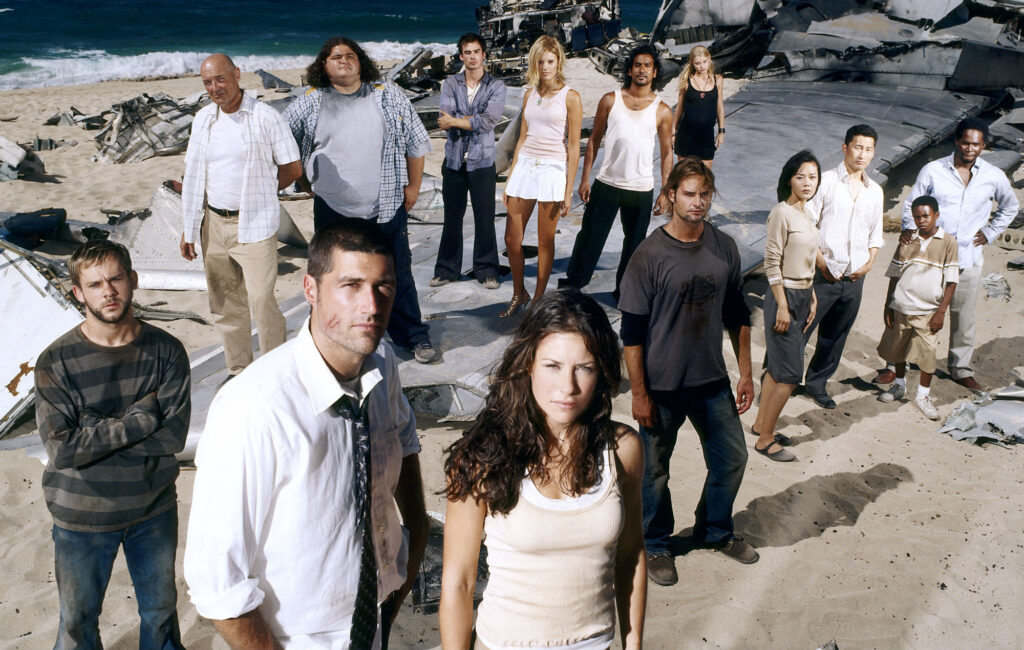
Lost in Time: Historical Mysteries
Beyond personal experiences, historical mysteries have captivated our imagination and sparked a sense of intrigue. Unexplained disappearances, ancient civilizations, and archaeological discoveries all contribute to the allure and fascination of being lost in time.
Unexplained Disappearances
Throughout history, there have been cases of unexplained disappearances that have puzzled investigators and sparked countless theories. From Amelia Earhart’s vanishing to the infamous Bermuda Triangle, these mysteries leave us wondering about the fate of those who disappeared and the secrets that remain hidden.
Ancient Civilizations
The remnants of ancient civilizations, such as the Egyptian pyramids or the lost city of Atlantis, serve as a constant reminder of the mysteries of the past. Archaeologists and historians strive to uncover the secrets of these lost civilizations, seeking answers about their origins, achievements, and ultimately, their demise.
Archaeological Discoveries
Archaeological discoveries often shed light on lost worlds and bring history to life. The findings of ancient artifacts, ruins, and burial sites help piece together the puzzle of our past. These discoveries offer profound insights into cultures long gone and allow us to appreciate the richness and diversity of human history.
Navigating the Maze of Technology
In an increasingly digitized world, the pervasive presence of technology raises concerns about its impact on our lives. Technological overload, privacy concerns, and maintaining digital well-being are challenges we face when navigating the maze of technology.
Technological Overload
The proliferation of technology in our daily lives brings with it an overwhelming amount of information and distractions. Constant notifications, social media, and the pressure to be constantly connected can result in information overload and a sense of being lost in a never-ending stream of data. The challenge lies in finding a balance between utilizing technology for its advantages while not allowing it to consume our lives.
Privacy Concerns
As our lives become increasingly intertwined with technology, concerns about privacy and data protection have become prominent. The collection and sharing of personal information raise ethical and security concerns. Maintaining control over our online presence and taking measures to secure our data are essential for safeguarding our privacy in the digital age.
Digital Well-being Strategies
To navigate the maze of technology and preserve our well-being, adopting mindful technology use is crucial. Setting boundaries around screen time, practicing digital detoxes, and engaging in activities that promote physical and mental well-being can help mitigate the negative impacts of technology. Building a healthy relationship with technology allows us to harness its benefits while prioritizing our overall well-being.
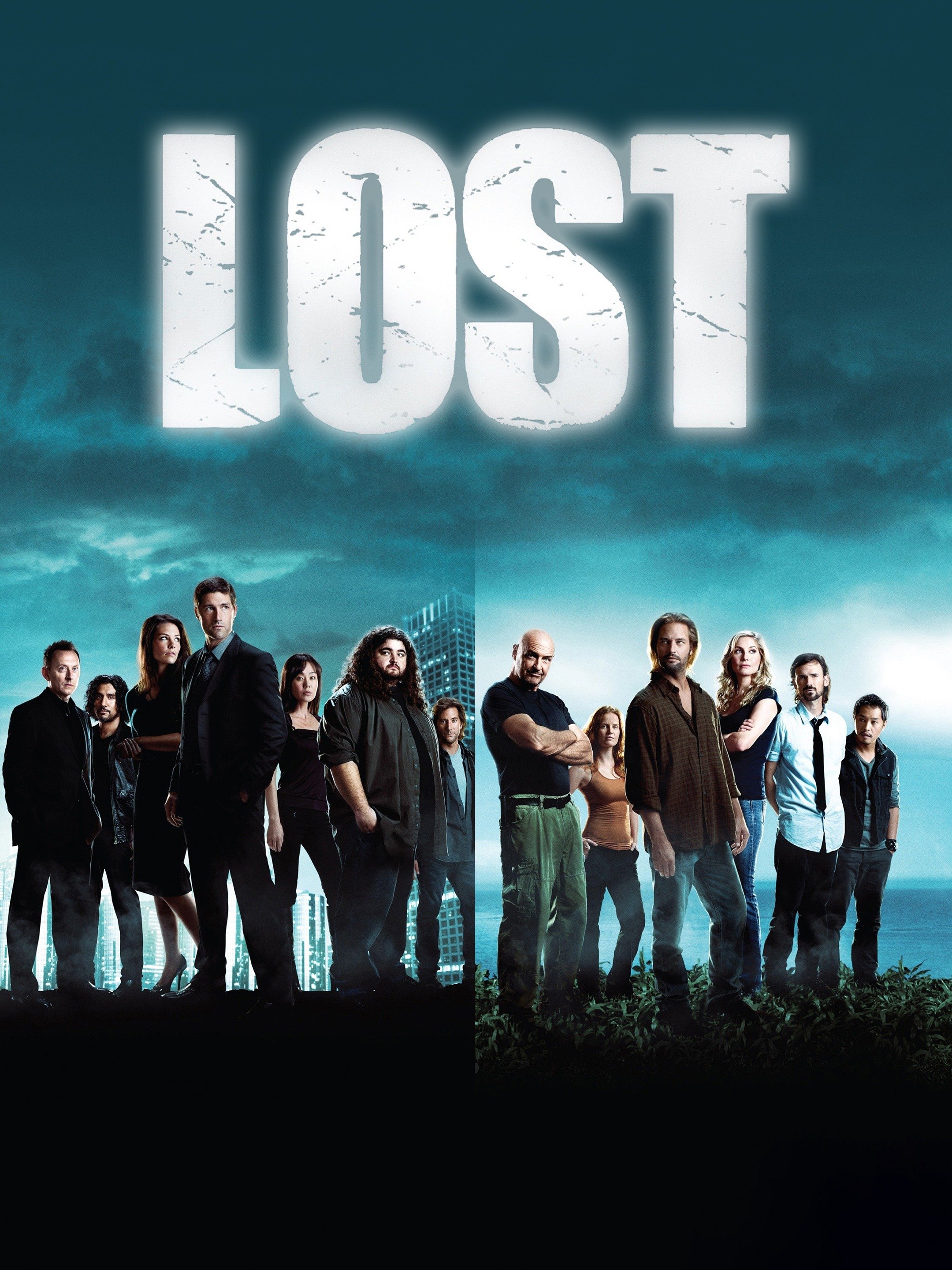
Lost in Dreams: Understanding Dreamscape
Dreams have always fascinated and intrigued us. Exploring the realm of dreams involves understanding dream interpretation, lucid dreaming, and the symbolism embedded in our subconscious minds.
Dream Interpretation
Dream interpretation is the art of deciphering the hidden meanings behind our dreams. Throughout history, cultures have developed various approaches to understanding dreams, often believing them to hold valuable insights into our subconscious minds. Whether seen as messages from the divine or a reflection of our unconscious desires, interpreting dreams opens a window into our inner thoughts, emotions, and fears.
Lucid Dreaming
Lucid dreaming refers to the state of being aware that you are dreaming while still within the dream itself. This awareness allows dreamers to actively participate in and control the events unfolding in their dreams. Lucid dreaming offers a unique opportunity to explore the inner workings of the mind, transcend boundaries of reality, and tap into untapped creativity and self-discovery.
Symbolism in Dreams
Dreams are often laden with symbolism, where seemingly mundane objects or events take on deeper meanings. Archetypal symbols, recurring themes, and vivid imagery within dreams provide insights into our deepest desires, fears, and unresolved emotions. By delving into the symbolism embedded within our dreams, we can gain a better understanding of ourselves and the unconscious forces that shape our lives.
Finding Your Way Home
While being lost can be disorienting and unsettling, the longing for familiarity and a sense of home is a universal human experience. Finding your way home is not just about physical location but also about reconnecting with our roots, creating a sense of belonging, and finding comfort in our identity.
Longing for Familiarity
Feeling lost can evoke a deep longing for familiarity and a sense of belonging. This longing can manifest in various ways, such as missing loved ones, yearning for a place you call home, or seeking a sense of belonging within a community. The desire to find solace and reconnect with what is familiar drives us to embark on journeys of self-discovery and ultimately find our way back home.
Reconnecting with Roots
Seeking to reconnect with our roots often involves exploring our heritage, culture, and family history. It is a journey that allows us to understand our place in the world and connect with the stories and traditions that have shaped us. Whether through genealogy research, cultural celebrations, or simply engaging with loved ones, reconnecting with our roots brings a sense of grounding, identity, and belonging.
Creating a Sense of Home
Creating a sense of home goes beyond the physical space we reside in; it encompasses the emotional, psychological, and spiritual aspects of our lives. Home is a place where we feel safe, accepted, and free to be ourselves. It can be found within our relationships, hobbies, personal values, and sense of purpose. By cultivating a nurturing environment and fostering connections with others, we create a sense of home that transcends physical boundaries.
In conclusion, the theme of being lost resonates with us on various levels, encompassing both physical and emotional dimensions. Whether it’s being lost in the wilderness, navigating urban environments, grappling with language barriers, or experiencing personal crises, the feeling of being lost is a universal human experience. However, within this state of being lost, there lies the potential for self-discovery, growth, and finding our way back to a place of clarity and purpose. By exploring the different facets of being lost, we gain a deeper understanding of ourselves, our world, and the journey towards finding our way.

